May 2025 marks a slightly unorthodox anniversary: that of a 20-year-old Jenson Button being caught speeding on his way to Monaco, clocking more than 140mph on a French motorway in a BMW 330d.
‘Prodigy racer enjoys speed’ would normally rank no higher than ‘dog bites man’ as headline fodder, but the fact he invoked the blues and twos of the gendarmerie in a diesel was too much for the papers to resist back in 2000.
The car was owned by Williams-BMW, and it’s easy to imagine them gleefully reimbursing his £500 fine for the publicity garnered. The market for premium diesel cars swelled from there, primarily due to engineering nous within the industry.
But there’s clearly something delicious about the possible butterfly effect of a future Formula 1 world champion getting excitable in an oil-burner on an empty autoroute.
By the end of the 2000s, diesel had become the de facto choice for most premium car buyers. Its might was proved annually in endurance racing, with Audi’s trophy cabinet needing reinforcement after relentless TDI victories around Le Mans.
Across the decade the brand’s road-going diesel range spanned from lowly three-pots to V12s, yet the firm now offers little beyond four-cylinder TDIs in its medium cars and a V6 for the brave souls spending big cash on an A8, Q7 or Q8. It’s almost as if the wider Volkswagen Group has something of a chequered history with diesel power…
For all the inexorable rise of diesel before its eponymous scandal, its dwindling appeal since 2015 has felt like more of a slow decline. Hybrid and electric cars have gradually welcomed the fuel’s former customers, while pure petrol power has amped up its efficiency credentials.
![]()
Drawing together three diesel heroes for this test – cars with a sizeable engine intrinsic to their ultimate appeal – uncovered vanishingly few candidates, and nowt with more than six cylinders.
BMW appears to be phasing diesel out entirely, in fact, with only its SUVs possessing diesel power on UK price lists. Your best bet of buying a sexier, sportier Bavarian car is a Buchloe-built Alpina – but even then, you can only order until summer.
Alpina is soon to be swallowed up by the BMW mothership, and talk of Maybach rivalry suggests rep-friendly cars like the D4 S Gran Coupé we have here won’t live on. It kicks off this group in terms of both size and price, although each of our trio possesses a straight-six, twin-turbo engine with a minor degree of electrified assistance.

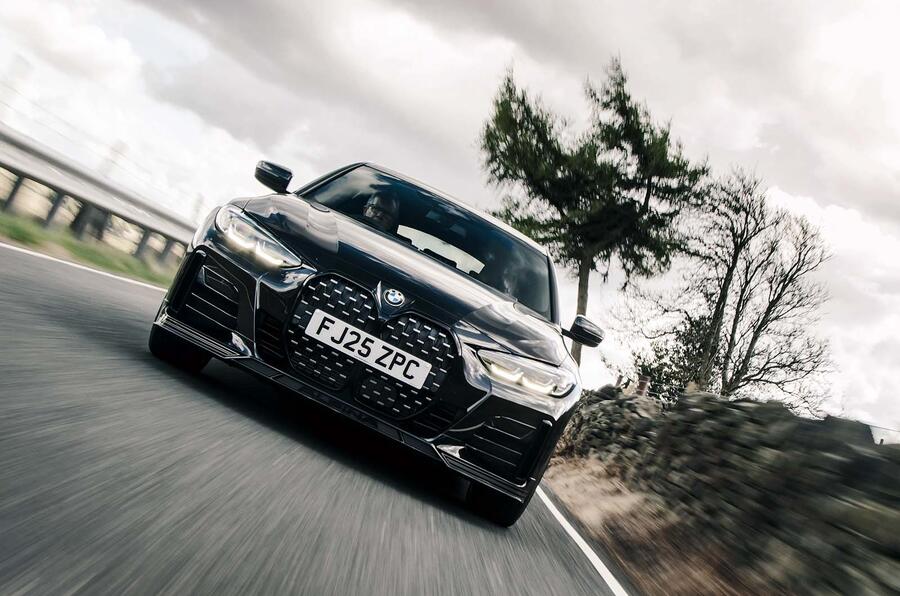
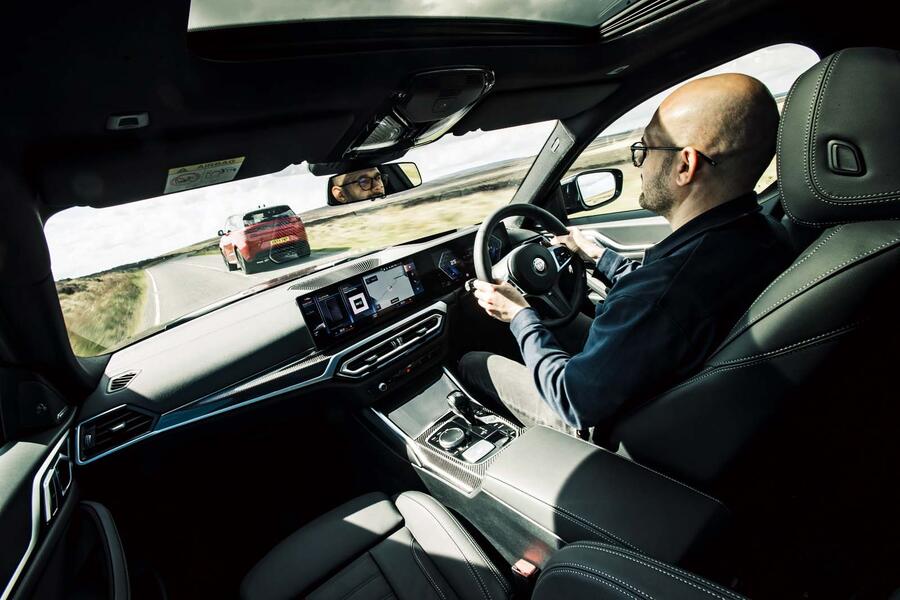
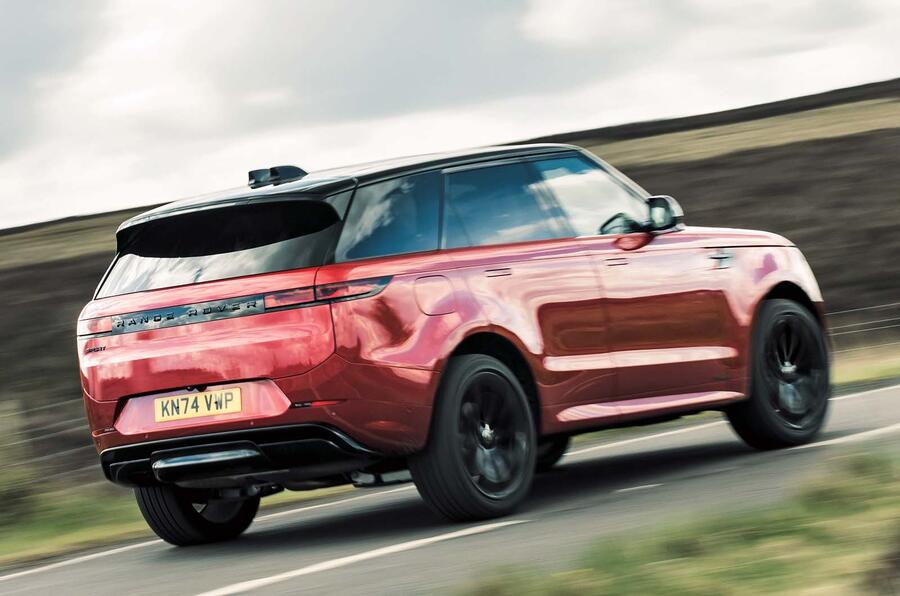
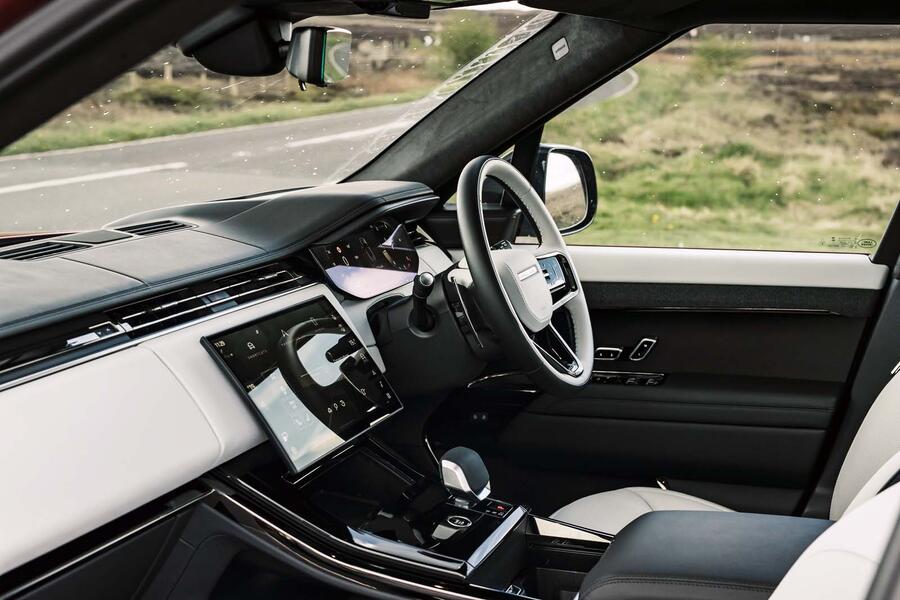
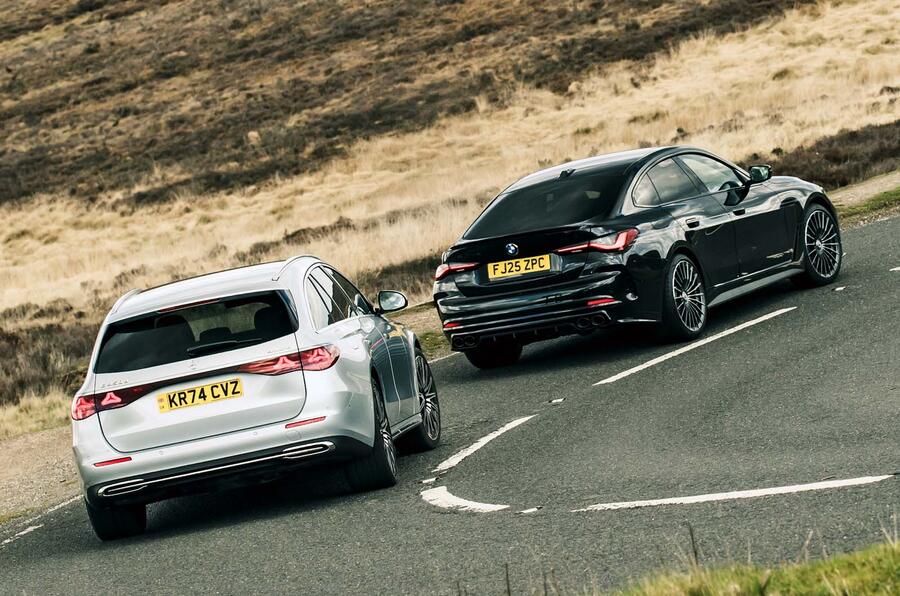
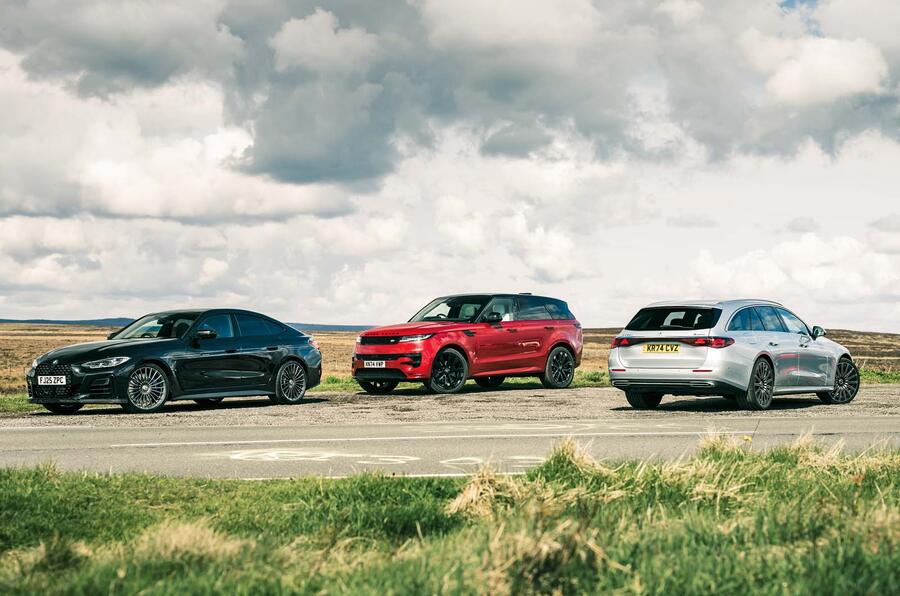


Join the debate
Add your comment